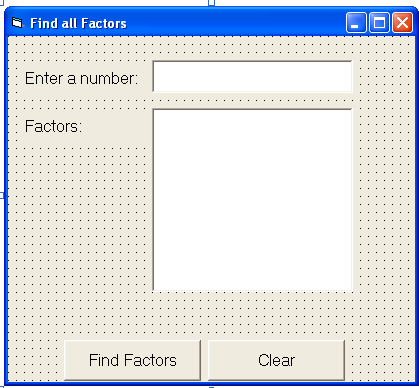

Goal: Introduce students to the legal marketplace of the future, and empower them to participate in or lead the transformation of legal service delivery. I-Factor: Technology has transformed how we shop (Amazon), how we socialize (Facebook), and how we take a cab (Uber), but how is it transforming the law? The Legal Information Technology course takes a look at the cutting edge technologies that are transforming the law, and then puts students in the driver's seat to imagine and design their own mobile or web app. Instructors: Nicole Aylwin, Assistant Director, Winkler Institute for Dispute Resolution, and Visiting Professor Martha Simmons Learning Methods: Weekly three-hour seminar course readings experiential learning assignment in which students work collaboratively with a justice stakeholder group that faces significant access to justice challenges student report on an access to justice focus area and development of a proposal for a one-day access to justice and innovation forum.

Goal: Provide an experiential learning experience that exposes students to current research and thinking on innovation, the various methods of innovation being experimented with in the justice system, and how these methods may be used to improve access to justice. I-Factor: Students critically explore access to justice challenges facing many Canadians, and explore theories and methods that will help them to become leaders in addressing these complex problems.


 0 kommentar(er)
0 kommentar(er)
